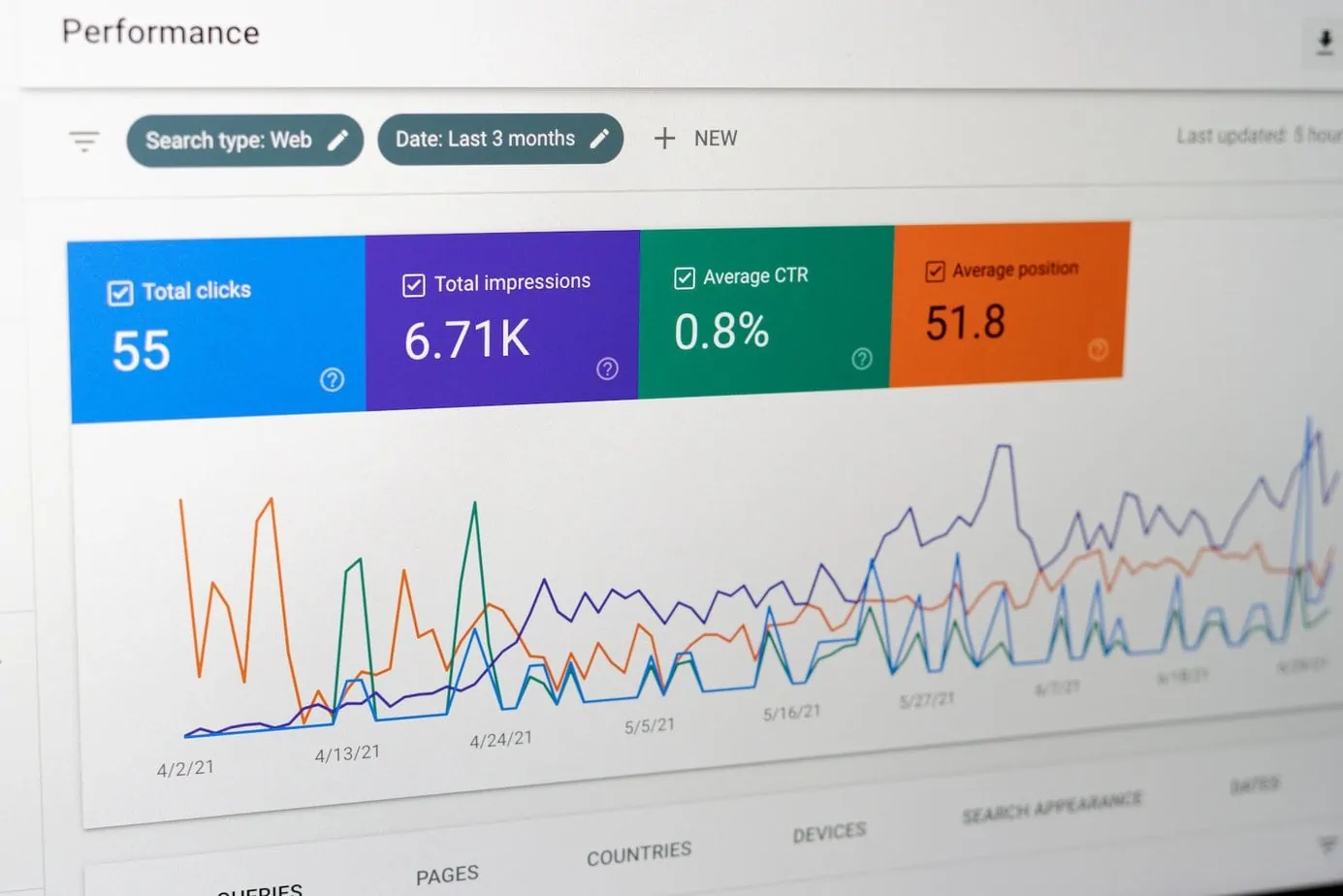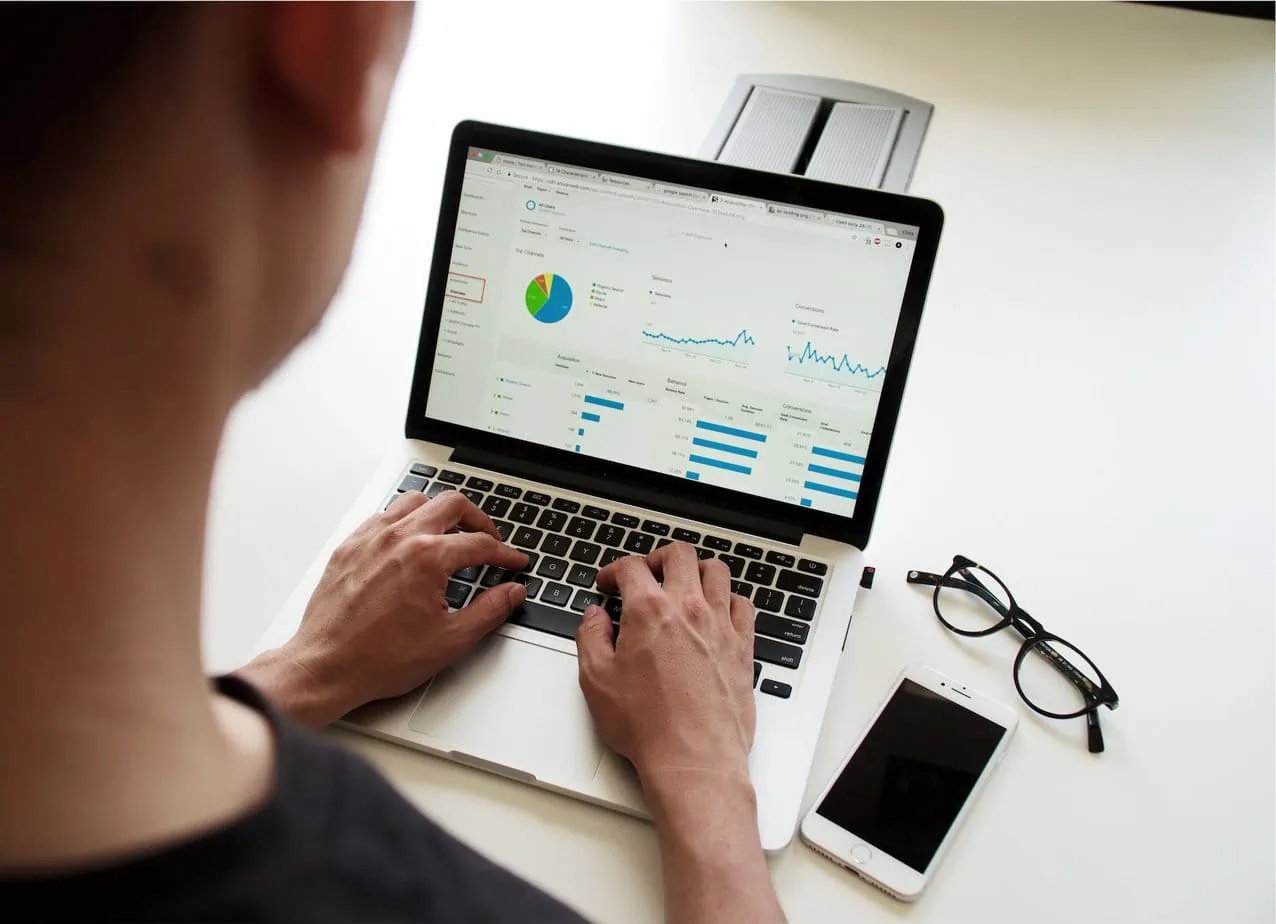As more and more businesses move to the cloud, cloud analytics is becoming an increasingly popular way to gain insights into your data. But what is cloud analytics, and how can it help your business? Keep reading to find out.
What is cloud analytics?

Cloud analytics is the process of analyzing data that is stored in the cloud. This data can come from a variety of sources, including enterprise applications, social media, and the Internet of Things. Cloud analytics makes it possible to gain insights into how your business is performing and to identify opportunities for improvement. Cloud analytics can be used to improve decision-making by providing insights into customer behavior, market trends, and competitor activity. It can also help you to optimize your operations by identifying areas where you can improve efficiency and reduce costs.
What are the benefits of cloud analytics for businesses?
Cloud analytics delivers a number of benefits that are important to businesses of all sizes. Perhaps the most obvious benefit is that cloud analytics solutions are accessible from anywhere you have an internet connection. This means employees can access data and analytics tools from any device, including laptops, smartphones, and tablets. This flexibility is a big plus for businesses with a mobile workforce. Another big benefit is that cloud analytics solutions are typically much less expensive than traditional on-premises BI solutions. This is because you don’t need to purchase and maintain hardware and software, which can be a major expense. Cloud analytics solutions also tend to be more scalable, so they can grow with your business. Cloud analytics solutions also offer the advantage of being quickly deployable. You can be up and running in minutes, rather than waiting for weeks or months for an on-premises solution to be installed and configured.
What data is processed by cloud analytics?
Cloud analytics can be used to process an organization’s data in the cloud, which can provide benefits such as scalability, elasticity, and on-demand access. The types of data that can be processed by cloud analytics include:
- Text data
- Log data
- Data streaming data
- Transaction data
- Location data
- Sensor data
- Social media data
- Image data
- Video data
What are the different types of cloud analytics platforms?
When it comes to cloud analytics, there are three main types of platforms: cloud-based, hybrid, and on-premise. Cloud-based analytics platforms are hosted in the cloud and are accessed through a web browser. This type of platform is perfect for small businesses or organizations that don’t have the resources to set up and manage an on-premise analytics platform. Hybrid analytics platforms allow businesses to use both cloud-based and on-premise analytics tools. This type of platform is perfect for businesses that want the flexibility to use both cloud-based and on-premise tools but don’t want to manage two separate platforms. On-premise analytics platforms are hosted on-premise, meaning they are installed on the business’s own servers. This type of platform is perfect for businesses that want full control over their data and don’t want to rely on a third party to host their data.
Overall, Cloud analytics is a process of analyzing data that is stored in the cloud. This data can be anything from customer data to data generated by the Internet of Things (IoT) devices. Cloud analytics can help your business by providing a more efficient way to store and access data. Cloud analytics allows businesses to process and make sense of this data in order to improve their operations and better serve their customers. This can help improve communication and collaboration between employees, as well as offer a more streamlined way to collect and analyze data.









0 Comments